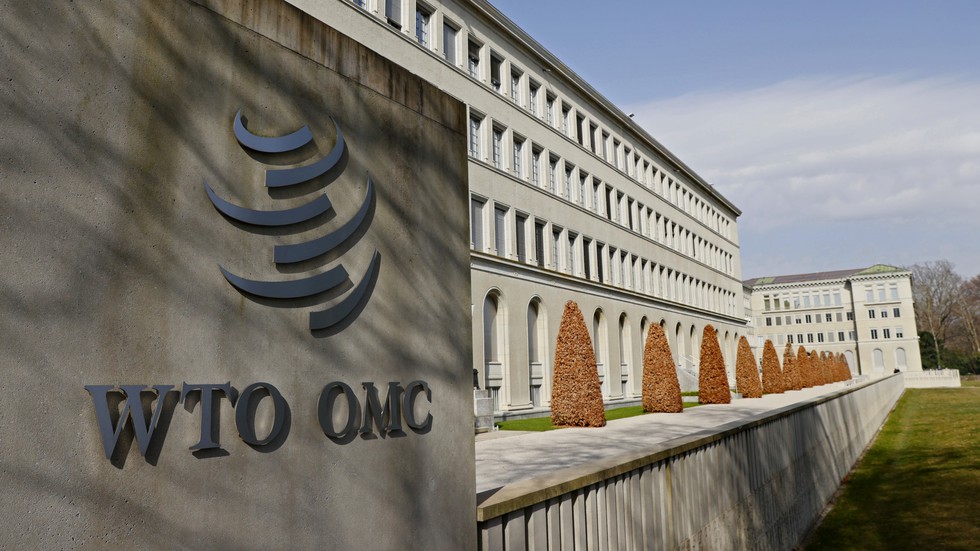India invoked the peace clause at the World Trade Organization (WTO) for the fifth consecutive time for the marketing year 2022-23 due to breaching the prescribed subsidy limit for rice offered to its farmers.
Subsidy Breach Details
- India’s rice production value for 2022-23 was $52.8 billion.
- A subsidy worth $6.39 billion was provided to farmers during the year.
- The rice subsidy constituted 12% of the production value, exceeding the 10% domestic support ceiling according to global trade rules.
Peace Clause and Immunity
- The “peace clause” was agreed upon at the Bali ministerial of WTO in 2013.
- It provides immunity to developing countries from challenges for breaching the ceiling for wheat and rice until a permanent solution is found.
India’s Defense
- India defended its actions at the WTO, stating that the stocks were acquired and released to meet domestic food security needs, not to distort trade or adversely affect other WTO members’ food security.
Expert Opinion
- According to Sachin Kumar Sharma, professor at the Centre for WTO Studies, India has been exceeding the domestic support limits on rice since 2018-19.
- The outdated formula at the WTO provides an inflated and distorted picture of domestic support, leading to repeated breaches.
India’s Demand for Amendment
- India seeks amendments to the formula for calculating the food subsidy cap.
- It pushes for a fast-track solution to the issue of public stockholding.
Multiple Choice Questions (MCQs):
- Why did India invoke the peace clause at the WTO?
- A) Due to disputes over rice trade
- B) To address concerns regarding domestic food security subsidies
- C) In response to a challenge from a developed country
- D) As a measure to boost global rice production
- What percentage of the rice production value did India’s subsidy breach in 2022-23?
- A) 8%
- B) 10%
- C) 12%
- D) 15%
- What does the peace clause provide for developing countries at the WTO?
- A) Immunity from all trade disputes
- B) Exemption from subsidy limitations until a permanent solution is found
- C) Full access to developed countries’ markets
- D) Removal of tariffs on agricultural products
- According to Sachin Kumar Sharma, why has India been repeatedly breaching its domestic support ceiling on rice?
- A) Due to lack of enforcement by WTO
- B) Because of outdated and flawed formulas at the WTO
- C) As a result of deliberate government policy
- D) To gain leverage in international trade negotiations
- What is the purpose of India’s public stockholding program?
- A) To sell surplus agricultural produce overseas
- B) To provide subsidized food to vulnerable populations domestically
- C) To manipulate global food prices
- D) To meet export quotas set by the WTO
